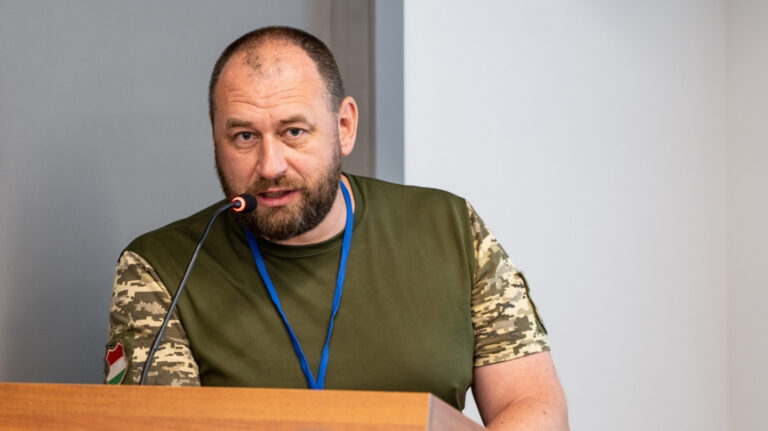After clarifying political issues, technical negotiations on judicial commitments with the European Commission were concluded on Monday, as confirmed by EU Commissioner for Justice Didier Reynders. Now only the approval of the college of EU Commissioners is needed for the matter to be concluded, Hungarian Justice Minister Judit Varga said in a statement to MTI in Brussels on Monday.
According to the minister, Monday’s negotiations were a very important milestone in building trust between the EU and Hungary. ‘Following the December agreement last year, Hungary has considered the [drafting of] the justice package a top priority for accessing cohesion funds and recovery funds since the beginning of the year. Now, thanks to the cooperation and work of legal professionals, judges’ associations, and interest groups over several months, we have reached a very important milestone,’ she emphasised.
She noted, however, that the negotiation process was also accompanied by
the spreading of fake news by various left-wing, European and Hungarian media outlets.
‘When they saw that negotiations were progressing well, they started to stir up emotions. The pencil and strings in Brussels are being moved by the left hand of Hungary, as Ferenc Gyurcsány recently candidly and enthusiastically confessed in an interview that many [on the left] are working to put up new and new obstacles to the conclusion of the agreement,’ she said. She added that no matter how hard their left-wing opponents try, the Hungarian government will always work towards representing the interests of the Hungarian people.
Judit Varga also said that she does not expect any new conditions to be raised by the European Commission regarding the justice package, but added that the body is under continuous political pressure. She added: ‘It depends on the courage and professionalism of the European Commission to what extent it can resist the absolute political pressure of the European Parliament, which is completely lacking in professionalism, and is purely about political blackmail and power games.’
Regarding the child protection law, the minister of justice highlighted that Italy was one of the Western countries that did not join the EU court proceedings initiated because of the law. ‘This also proves that there are countries that are able to interpret the law and do not fall victim to international gender lobbying, as it is clear that the upbringing of children, parents’ rights, public education, and state education are matters of national competence, as stipulated in the EU treaties,’ she underlined.
As she said, the Commission’s ‘forced’ infringement procedure, citing the hindering of the free movement of services and the violation of audio-visual rights in the EU, tries to create disharmony between Hungarian law and EU rules. She also underscored that it is ‘unprecedented’ for 15 Member States to attack a country alongside the Commission, simply because ‘there is a very strong international gender lobby, which, because of domestic political stability issues or coalition pressures, is capable of influencing governments.’
Related articles:








